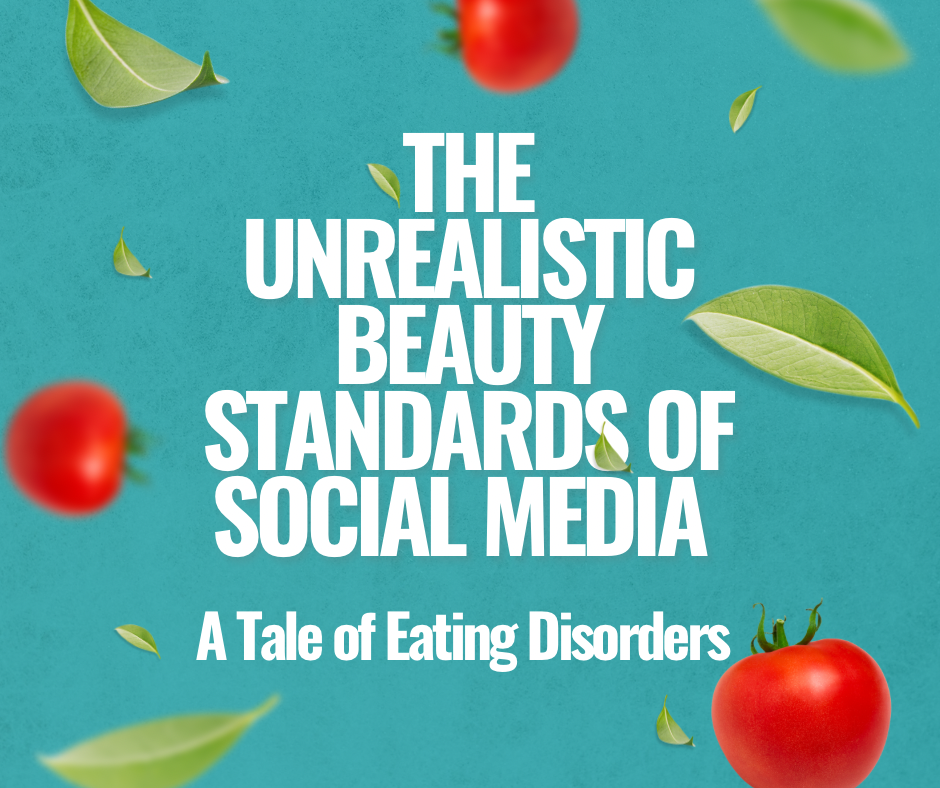The Unrealistic Beauty Standards of Social Media: A Tale of Eating Disorders

The Unrealistic Beauty Standards of Social Media: A Tale of Eating Disorders
Keywords: social media, unrealistic beauty standards, eating disorders, body image, self-esteem, mental health.
Long-tail Keywords:
- Social media's impact on eating disorders
- Unrealistic beauty standards and eating disorders
- Body image issues and social media
- Mental health and the pressure of social media
- Ways to combat the unrealistic beauty standards on social media
The article:
The rise of social media has transformed the world into a global village with limitless possibilities. From networking to entertainment, social media has revolutionized the way we communicate and interact with the world around us. However, it's not all roses and sunshine. Social media has created unrealistic beauty standards that impact young people's self-esteem and mental health, leading to a higher instance of eating disorders.
The standards of beauty today are skewed and influenced heavily by pictures of perfect bodies with impossible dimensions, and social media platforms are rife with such images. Posts featuring more voluptuous women, men, and anyone representing the diversity of the human body tend to receive less engagement than their toned and polished counterparts. The algorithms that social media platforms use promote perfect, elegant aesthetics that are unattainable by most. This encourages young people to strive for the unattainable and leads to negative self-image and, in severe cases, eating disorders.
Eating disorders are becoming increasingly common, especially among young people in their teenage years. The pressure to achieve these unrealistic beauty standards often leads them to adopt harmful behaviors, such as extreme dieting, aggressive exercise, and in severe cases, the consumption of laxatives and vomiting. Eating disorders cause immense harm to young people's mental and physical health, leading to severe consequences such as permanent damage to organs, infertility, and even death.
In conclusion, social media has created unrealistic beauty standards that harm the mental and physical health of young people. It's vital to educate young people about the negative effects of social media and to encourage healthy attitudes towards their bodies. We must promote diversity and body positivity, making social media a safe space for everyone. It is up to all of us to combat these unrealistic beauty standards by questioning them and encouraging self-love and self-acceptance in our daily lives.
Keywords: social media, unrealistic beauty standards, eating disorders, body image, self-esteem, mental health.
Long-tail Keywords:
- Social media's impact on eating disorders
- Unrealistic beauty standards and eating disorders
- Body image issues and social media
- Mental health and the pressure of social media
- Ways to combat the unrealistic beauty standards on social media.

